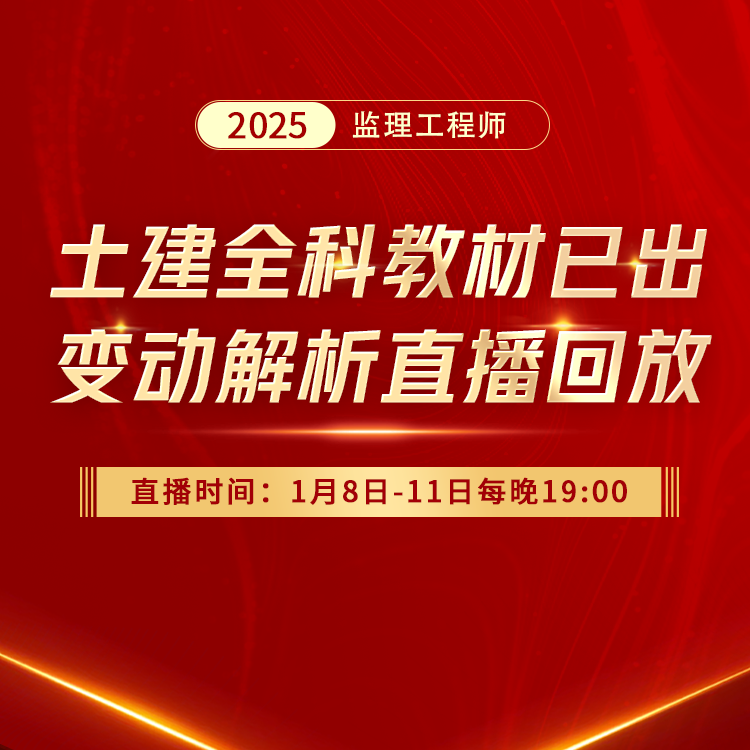【摘要】 2021年上半年翻译专业资格考试已经结束,不知道大家考的怎么样?考必过小编为大家整理了关于“2021年英语一级笔译CATTI考试:疫情期间的快递小哥催生产业链”的信息,下面我们就一起来看下“2021年英语一级笔译CATTI考试:疫情期间的快递小哥催生产业链”的内容

英译汉审校
Investors will have to grapple with once-unthinkable economic and market trends as they set about fine-tuning their portfolios next year. Where they end up will depend on five factors that are growing less stable by the day.
Market sentiment has improved in recent weeks as trade tensions between China and the US have de-escalated, while the US labour market has again outperformed expectations — and there are short-term signs of some bottoming out of Europe’s economic cycle. With that, US stock indices have reached new highs while both bonds and currency markets have been relatively calm.
Whether this performance will hold beyond the short term requires the revival of five assumptions that underpin most longstanding investment approaches.
First, that globalisation carries on expanding markets and delivering efficiency gains. Second, that emerging economies will continue to catch up with their more developed counterparts, led by those pursuing reforms. Third, that robust liquidity will anchor well-functioning markets. Fourth, that policy effectiveness in developed markets will limit the global economy’s “downside”. And finally, that politics and governance will support market-based systems and the global rule of law.
Each tenet is subject to considerable uncertainty, adding to the need to review medium-term investment approaches on account of accelerating technological innovations, climate change and demographic trends.
Notwithstanding the easing in trade tensions, it is far from clear that the process of economic and financial globalisation will continue. The possibility of years of deglobalisation — where barriers reduce the free flow of trade and investment — remains substantial. National politics are becoming more inward-looking by the day, growth continues to disappoint, and the inequalities of income, wealth and opportunities fuel popular backlashes.
This process of deglobalisation limits the scope for emerging countries to use the international economy to turbocharge their development efforts. It also increases the risk of dislocations for a financial system that is built for deeper cross-border connectivity.
At a time when the “circuit breaker” effectiveness of central banks is waning after too many years of excessive reliance on unconventional monetary measures, this increases the likelihood of poor economics swaying politics and, in return, messier politics contaminating economics. This phenomenon has already been amply illustrated not only in advanced countries (eg Brexit), but also via spillovers to some emerging economies.
Away from traditional savings, the implied distortions to finance have so far favoured investors. Witness what has happened to three factors that drive most asset allocation models: returns, correlations and volatility. The traditional-inverse relationship between the prices of German and US government bonds (“risk-free” assets) and those of stocks (riskier assets) has been turned on its head for much of this year. The result is not only actual or near-record highs for key equity indices but also, with bond prices still relatively high, some $12tn of debt trading at negative yields.
Given valuations and volatility levels, investors face increasingly asymmetrical risks, where there is a wide gap between their potential gains and losses. They would be well advised to test their longer-term investment approaches for adverse and unstable asset class correlations, volatility spikes, liquidity dislocations and greater political risks.
Investors could consider a gradual move to asset allocations that involve a further shift away from public stocks and bonds to bespoke credit structures and other ways of gaining more direct access to real economic activity. With that, cash may play a larger structural role in mitigating risks.
Most investment approaches are not wired for a world of deglobalisation, non-convergence of emerging economies, rising illiquidity, ineffective monetary policy and less respect for the global rule of law. Yet the possibility of each has increased.
It would be unwise to just throw out longstanding investment approaches that have served investors well. But it would be equally unwise to avoid difficult discussions on how to evolve them, given that so many economic, financial and political “unthinkables” have already become facts.
汉译英审校
疫情期间的快递小哥催生产业链
零工经济在中国兴起,零工人员已经融入我们日常生活。快递产业作为独立产业在中国产生是八十年代,兴起是近十年。中国是第一大快递物流国。快递小哥在街上呼啸而过,然后疫情的时候他们给家家户户送药品,食品,快递小哥是逆行者。
以上就是考必过小编为大家整理的关于“2021年英语一级笔译CATTI考试:疫情期间的快递小哥催生产业链”的相关信息,接下来就是静静等待出成绩的时间啦,想了解更多考试最新资讯可以关注考必过。
